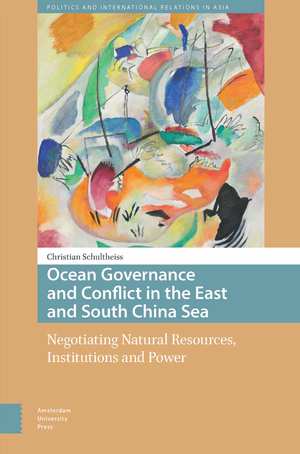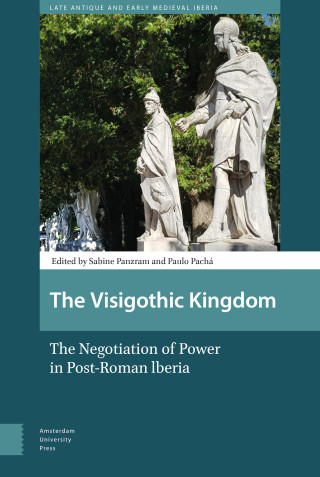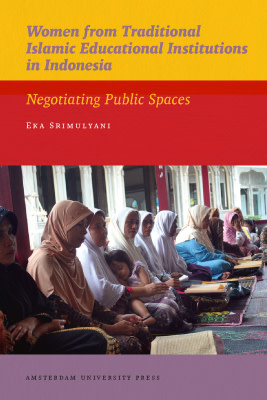This book tells the story of the negotiations between China, Japan, Taiwan, the Philippines, Vietnam and other Southeast Asian countries about the East and South China Sea disputes. Tapping into formerly classified and newly available primary sources, the book meticulously tracks these negotiations and their sudden U-turns. It is a story about the promises and perils of cooperation – as much about pragmatic, gradual and surprisingly resilient approaches to conflict resolution and ocean governance as it is about the expansion of states’ bargaining power through institutions. The book hinges on the question of when and why disputing parties reach agreement on joint oil and gas development, fisheries and codes of conduct, and when and why negotiations end in impasse. It is the first comprehensive and theoretically informed study of decades-long dispute settlement efforts in a central region of the Indo-Pacific where the expansion of China challenges the law of the sea and regional security.





